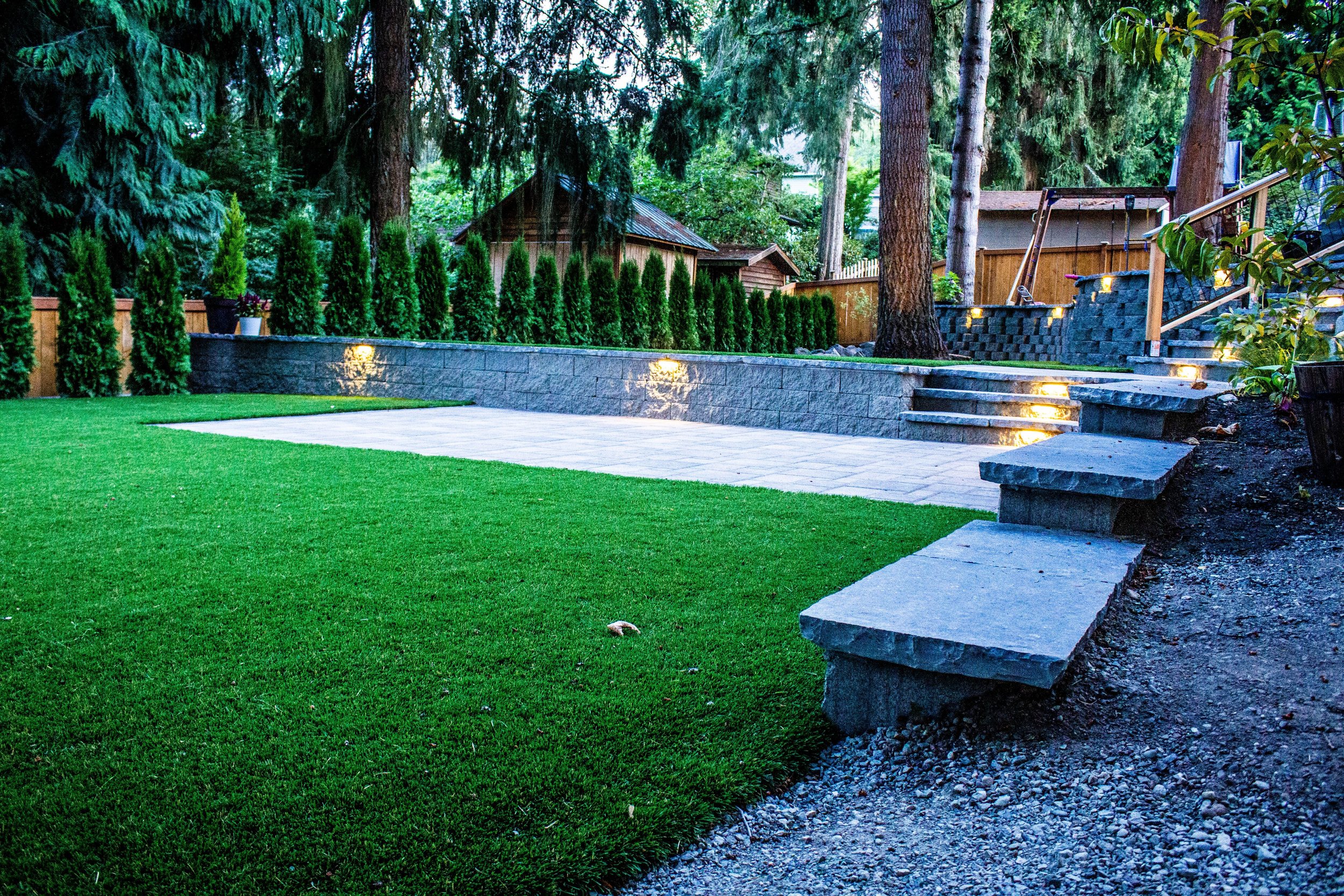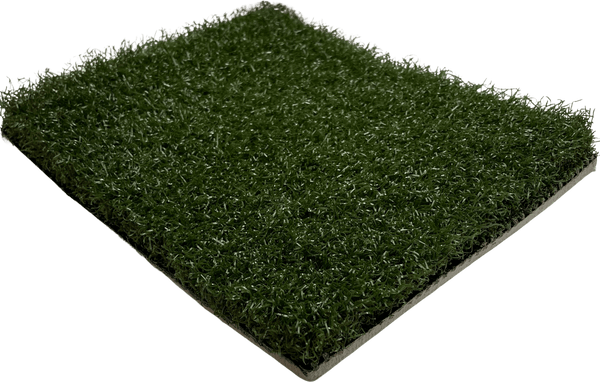Select Reliable Artificial Turf Companies Phoenix for Durable and Natural-Looking Grass
Explore the Environmental Perks of Opting for Synthetic Grass Solutions
The fostering of artificial lawn solutions provides an engaging chance to attend to pushing ecological challenges. By significantly reducing water usage and reducing the application of unsafe chemicals, these choices not only advertise lasting landscaping yet additionally protect regional ecological communities.
Water Conservation Benefits
One of the most significant benefits of fabricated grass is its capability to conserve water. In comparison, fabricated lawn does not need watering, dramatically decreasing the total need for water sources.
By getting rid of the need for routine watering, synthetic grass contributes to lasting landscape techniques and assists alleviate the ecological impact of too much water usage. In addition, the preservation of water reaches the decrease of runoff, which can lead to dirt disintegration and waterway air pollution.
In addition, the setup of fabricated turf allows property owners and communities to allot water resources extra successfully, concentrating on crucial uses such as alcohol consumption water and farming. The shift in the direction of artificial turf not only advertises responsible water use but likewise aligns with wider environmental objectives focused on maintaining natural deposits.
As neighborhoods progressively focus on sustainability, the water preservation benefits of fabricated turf provide an engaging instance for its fostering in residential and business landscaping projects.
Lowered Chemical Usage
The transition to synthetic grass significantly reduces the dependence on chemical therapies commonly used in natural lawn upkeep. Typical grass administration commonly involves the application of herbicides, pesticides, and plant foods to promote growth and control pests. These chemicals can position threats to human health, local wildlife, and the atmosphere, adding to dirt and water contamination.
On the other hand, man-made lawn gets rid of the need for these harmful substances. When set up, it calls for minimal upkeep, mostly consisting of regular cleaning and irregular infill replenishment. This reduction in chemical use not only benefits the immediate atmosphere however also adds to more comprehensive ecological security. By decreasing the release of artificial substances right into the ecological community, artificial grass advertises healthier dirt and water supply.
Moreover, the absence of chemical overflow related to man-made turf installments assists protect neighborhood rivers from pollution, sustaining water life and keeping biodiversity. Arizona artificial turf. As areas increasingly focus on sustainable techniques, going with synthetic lawn provides a practical solution that lines up with environmental preservation objectives. With this change, homeowner can enjoy lavish environment-friendly spaces without jeopardizing eco-friendly health and wellness, leading the method for a much more lasting future
Reduced Carbon Impact

Moreover, the installation of synthetic grass can lead to considerable water preservation. All-natural yards require considerable amounts of water for watering, which not only includes in the carbon impact connected with water removal and treatment but also pressures regional water resources. In contrast, synthetic grass needs marginal maintenance, calling for no watering, consequently substantially minimizing water use and its connected power costs.
Additionally, the longevity of synthetic grass adds to its lower carbon influence. With a life expectancy of up to 15 years or even more, the demand for frequent substitutes is reduced, leading to less waste and reduced power consumption in manufacturing and taking care of conventional lawn choices. Overall, artificial grass provides a lasting option for ecologically conscious landscaping.
Habitat Conservation
Environment conservation is an important factor to consider in the dispute over landscaping selections, especially when contrasting synthetic grass to all-natural yard. Natural yard lawns typically need comprehensive upkeep, including making use of fertilizers, chemicals, and herbicides, which can adversely impact regional ecological communities. These chemicals can leach right into click here to read the soil and rivers, harming indigenous flora and animals and interrupting local environments.
Synthetic turf removes the need for dangerous chemicals, therefore protecting close-by wildlife and keeping the stability of surrounding communities. The installation of artificial grass can lead to the conversion of former turf areas right into more biodiverse landscapes, such as pollinator yards or indigenous plant areas, which can sustain local wild animals.
Eventually, the change to synthetic grass not just preserves water and lowers upkeep initiatives but also promotes a more harmonious relationship in between human activities and the natural surroundings, promoting environment preservation while doing so.
Long-Term Sustainability
Long-term sustainability is an important consider evaluating the benefits of synthetic grass over traditional lawn lawns. One of the most substantial advantages of synthetic grass is its longevity; it can last as much as 15-20 years with minimal maintenance, whereas all-natural turf needs frequent reseeding and substitute. This long life decreases the need for constant resources, such as water, plant foods, and pesticides, which are browse this site vital for maintaining a healthy and balanced turf lawn.
Additionally, man-made turf contributes to a reduction in carbon exhausts associated with yard care devices. Conventional lawns often require gas-powered lawn mowers, trimmers, and blowers, every one of which add to air pollution. Phoenix turf companies. In comparison, man-made grass removes the requirement for such tools, advertising a cleaner atmosphere
In addition, the manufacturing of synthetic grass significantly uses recycled materials, enhancing its sustainability profile. As manufacturers take on environment-friendly techniques, the environmental footprint of man-made grass proceeds to decrease.

Final Thought
The adoption of fabricated turf remedies offers significant ecological benefits, including substantial water preservation, minimized dependence on damaging chemicals, and a lower carbon footprint. Artificial lawn help in preserving all-natural environments by minimizing land disruption and advertising lasting sustainability through the usage of sturdy products. Jointly, these variables highlight the capacity of synthetic grass to add favorably to environmental health and offer a feasible choice to typical landscape design techniques in a progressively resource-conscious world.
In contrast, man-made grass does not need watering, substantially minimizing the general demand for water resources. By minimizing the launch of artificial substances right into the ecosystem, fabricated lawn advertises much healthier dirt and water systems.
Moreover, the installment of fabricated lawn can result in substantial water conservation. In contrast, artificial grass requires very little upkeep, calling for no watering, therefore dramatically decreasing water use and its linked energy costs.
